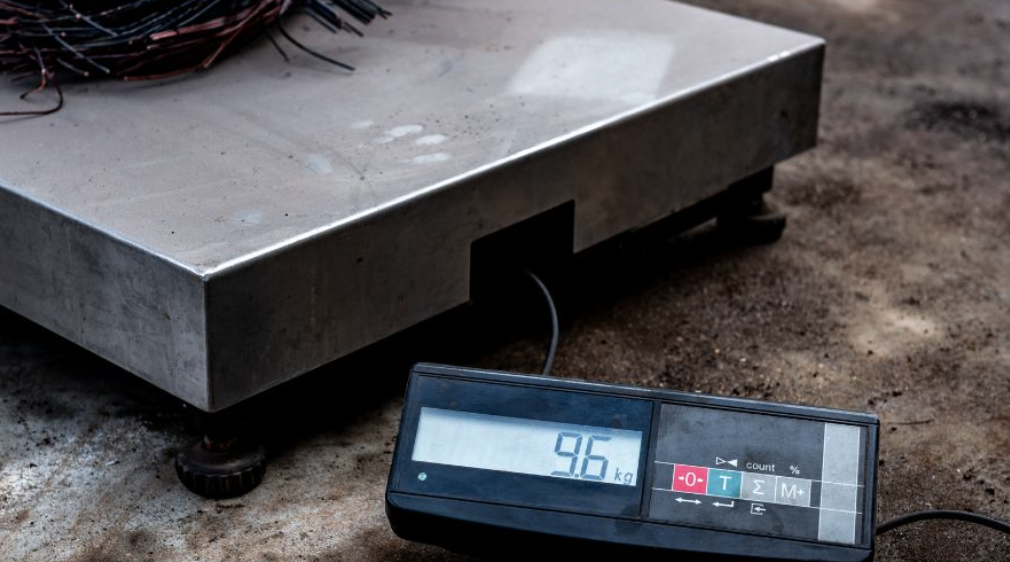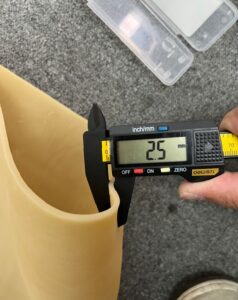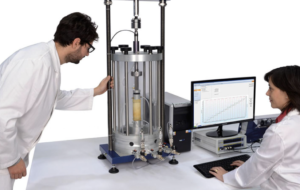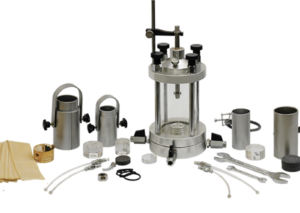Portable Field Scales: A Guide to Features and Selection
When you’re working outside the lab—whether it’s on a construction site, a farm, or in remote field research—accuracy and reliability don’t stay behind. That’s where portable field scales come in. Designed for mobility and rugged use, these compact scales help you weigh samples, materials, and specimens quickly and efficiently right where the work happens. Choosing the right one, however, takes a little know-how.
Key Features to Look for in Portable Field Scales
Not all portable scales are created equal. The best ones combine accuracy, durability, and usability without adding unnecessary weight or complexity.
Essential Features:
- Durability1: Waterproof, dustproof, and shock-resistant housing.
- Accuracy: High precision (readability down to 0.01 g if needed).
- Battery Life2: Long operation time, preferably with rechargeable or replaceable batteries.
- Ease of Use: Clear displays, simple calibration, and minimal button operations.
- Portability: Lightweight, compact size, protective carrying case.
- Capacity Range: From a few grams to several kilograms depending on application.
| Feature | Why It Matters |
|---|---|
| Rugged Casing | Survives harsh field conditions |
| High Resolution | Enables precise, small sample weighing |
| Easy Calibration | Maintains accuracy without lab access |
| Extended Battery Life | Ensures all-day use without recharging |
The right combination of these features makes the difference between a frustrating tool and a reliable partner.
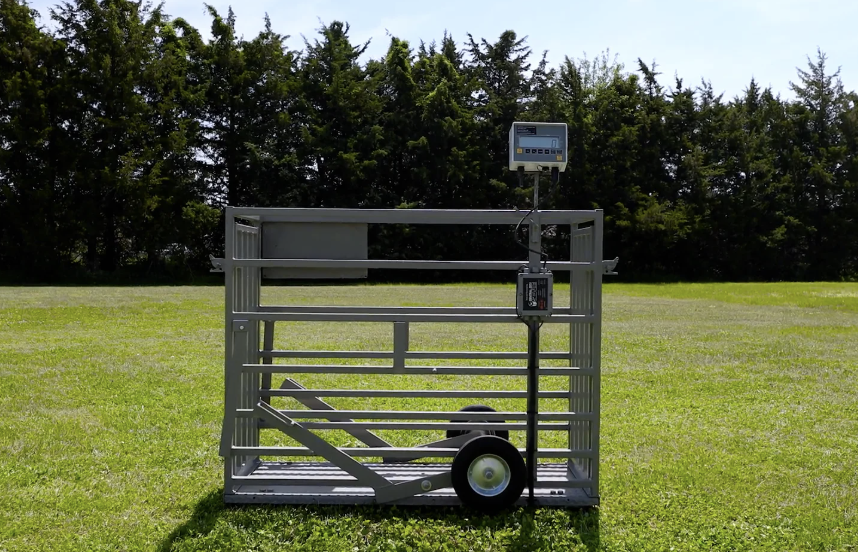
How Portability Affects Performance
When you prioritize portability, you also introduce trade-offs3 that can impact performance in specific ways.
Common Portability Impacts:
- Size vs. Capacity: Smaller scales often have lower maximum capacities.
- Stability Challenges4: Lightweight units may be more sensitive to wind, vibration, or uneven surfaces.
- Simplified Features: Ultra-portable models might lack advanced data logging or complex unit conversions.
| Trade-off | Potential Solution |
|---|---|
| Lower capacity | Choose a slightly larger model |
| Instability outdoors | Use leveling feet or sheltered setup |
| Fewer features | Focus on core functions needed |
Understanding these trade-offs helps you select a scale that fits your specific field conditions and tasks without unnecessary compromises.
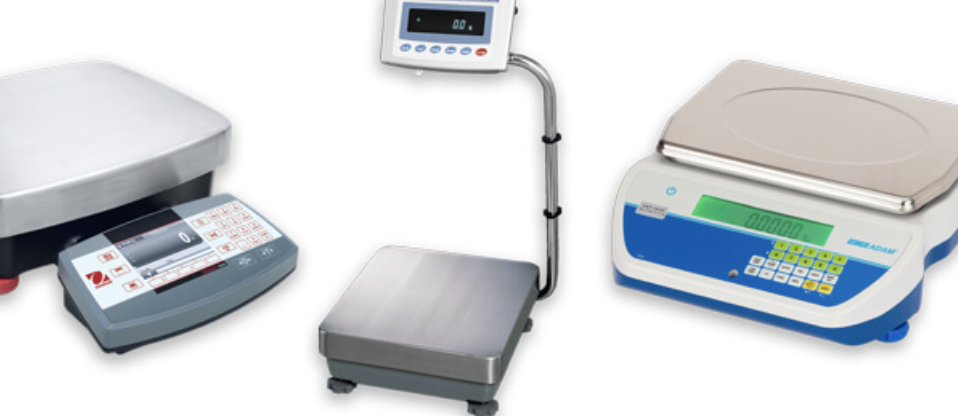
Common Applications of Portable Field Scales
Portable field scales5 are used across a wide range of industries and scientific fields. They bring lab-level precision into unpredictable environments.
Typical Applications:
- Soil and Rock Testing6: Weighing field samples for geotechnical analysis.
- Agriculture: Measuring seed samples, fertilizers, and harvested crops.
- Construction: Weighing aggregates, cement samples, and test specimens.
- Environmental Science7: Recording biomass, sediment, or waste sample masses.
- Food Industry: Weighing ingredients for outdoor catering or quality checks.
| Industry | Use of Portable Scale |
|---|---|
| Geotechnical Engineering | Soil sample mass measurement |
| Forestry Research | Biomass sample weighing |
| Farming and Agronomy | Fertilizer application accuracy |
No matter the industry, the core need remains the same: reliable, repeatable measurements in the field.
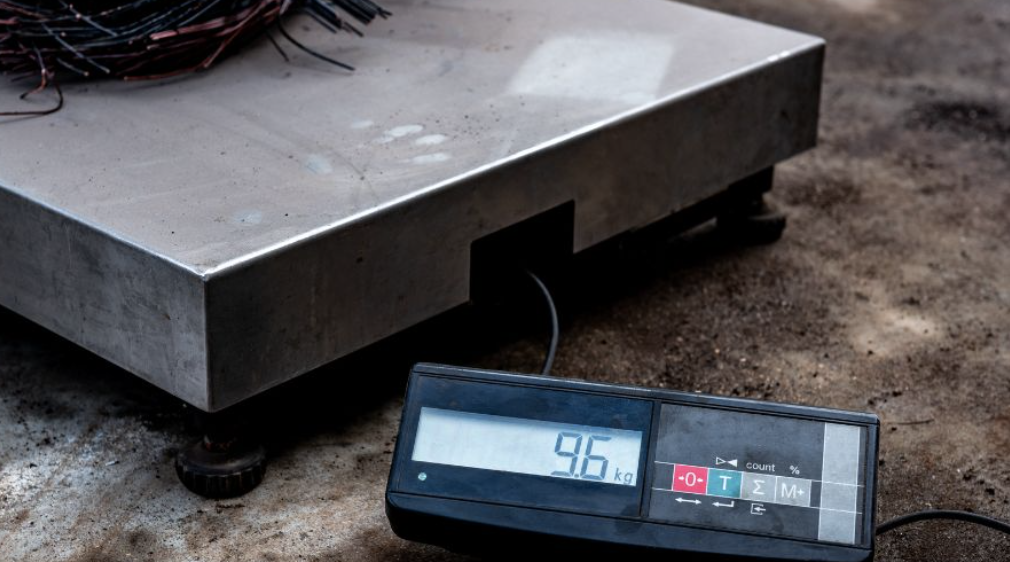
Tips for Selecting the Right Scale for Your Needs
Choosing the best portable field scale requires balancing your performance needs with the practical realities of field work.
Smart Selection Tips:
- Define Your Capacity and Accuracy Needs: Don’t overpay for ultra-precision if ±1 g is good enough.
- Check Environmental Ratings: Look for IP ratings for water and dust resistance if working outdoors.
- Consider Weight and Size: Smaller is better—but not at the expense of capacity or ease of handling.
- Look for Calibration Options: Field recalibration capabilities are a huge plus.
- Think About Power Sources: Solar-charging options or field-replaceable batteries can be lifesavers.
| Selection Factor | Why It’s Important |
|---|---|
| Measurement Range | Matches your heaviest sample |
| Environmental Resistance | Survives rain, dust, and heat |
| Ease of Transportation | Reduces setup and teardown time |
With the right choice, your portable field scale becomes an essential, trustworthy part of your fieldwork toolkit—saving time, reducing errors, and making life a lot easier.
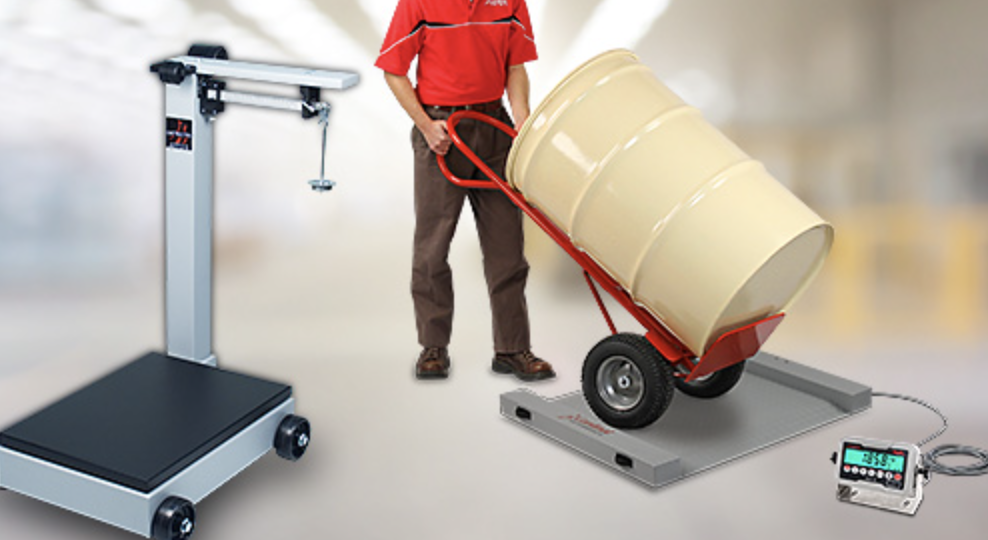
Conclusion
Portable field scales bring the power of precision to the toughest outdoor environments. By understanding key features, recognizing portability trade-offs, and carefully matching a scale to your needs, you can choose a tool that makes your fieldwork more accurate, efficient, and stress-free. When accuracy counts—no matter where you are—the right scale truly tips the balance.
-
Learn about essential features that make a portable scale durable, ensuring it withstands various conditions and lasts longer. ↩
-
Understand the significance of battery life in portable scales to ensure reliable performance during use. ↩
-
Understanding the trade-offs can help you make informed decisions about portable technology and its limitations. ↩
-
Exploring stability challenges can provide insights into how to mitigate risks when using portable devices in various environments. ↩
-
Explore how portable field scales enhance precision and efficiency across different sectors, making them invaluable tools. ↩
-
Learn about the critical role of portable field scales in geotechnical analysis and their impact on testing accuracy. ↩
-
Discover the importance of accurate measurements in environmental studies and how portable scales contribute to this field. ↩

